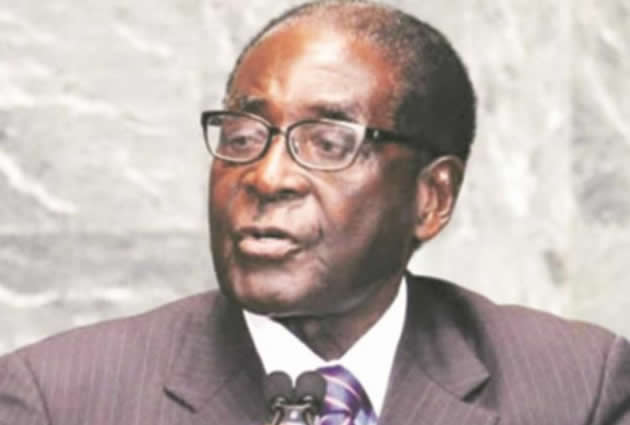RBZ puts 18pc cap on interest rates

Golden Sibanda Senior Business Reporter
The Reserve Bank of Zimbabwe has reached an agreement with banks to cap interest rates at 18 percent as part of measures to reduce the prohibitive cost of finance.
This brings relief to the borrowing public and corporates who have had to endure high interest rates.
Banks are, therefore, required to effect the new lending rates for both existing and new borrowers, with effect from October 1, 2015, the central bank said.
RBZ Governor Dr John Mangudya announced the new interest rate framework in his Mid-Term Monetary Policy Review Statement released yesterday.
He said in view of high interest rates obtaining in the economy, there is scope for reduction to ensure lending rates support economic recovery.
The pronouncement will bring relief to borrowers, especially those with existing loans who were forced to take expensive debt due to limited options.
Local banks have been charging interest rates as high as 35 percent, excluding default rates of equal or higher thresholds.
“In this regard, banks are urged to reduce their cost structures to enable them to contribute to the reduction of the cost of doing business in Zimbabwe,” he said.
As such, prime borrowers with low credit risk will be charged 6 percent to10 percent per annum, borrowers with moderate risk 10 percent to 12 percent; borrowers with high credit risk 12 percent to18 percent per annum.
Housing finance loans will attract annual interest rates between 8 percent and 16 percent, while loans for consumptive purposes will cost 10 percent to 18 percent.
Defaulters will be charged penalty rates from 3 percent to 8 percent over and above the interest rate they would have been charged for the loans obtained.
Dr Mangudya said banks thrive when business is both willing and able to timely repay their loans, which has not been the case since dollarisation in 2009.
The review of bank charges and interest rates is envisaged to stimulate aggregate demand, promote resuscitation of industry and cut cost of doing business.
Early this year, RBZ deputy governor Dr Kupukile Mlambo told Zimbabwe National Chamber of Commerce in Victoria Falls that interest margin should not exceed 5 percent over the cost at which the banks obtain the funds.
This means that while banks can charge as much as 18 percent on loans, rates can really be lower on loans given from funds obtained at cost of about 10 percent.
This comes as Parliament recently rapped banks for charging exorbitant interest rates, which are significantly higher than rates that are found in war zones.
Finance Minister Patrick Chinamasa said Zimbabwean banks obtained lines of credit at high cost due to the perceived country risk premium on the country.
He said that he would not consider controls, as he preferred market friendly policies to ensure that loans are priced fairly to stimulate economic growth.
The high cost of funding has been blamed for the collapse of many companies, which were burdened by debts and ran into losses due to high interest accruals.
Punitive interest rates have also been blamed for high prevalence of non-performing loans, as they have made it difficult for companies to repay.
This resulted in the central bank forming the Zimbabwe Asset Management Corporation to takeover secured debt to free banks balance sheets.
ZAMCO has since assumed $157 million secured NPLs while evaluation of more bad loans is underway in a sector with about $800 million such loans.
The banks have also reduced lending to the productive sectors with most focusing on individual salary-based consumptive lending due to high levels of NPLs.
Going forward, Dr Mangudya said, the bulk of resources should be channeled to support the key productive sectors.
“Banking institutions should therefore re-orient their lending towards productive and export sectors such as horticulture and mining that generate foreign exchange enabling Zimbabwe to exploit its competitive and comparative advantages in these areas,” the central bank governor said.










Comments